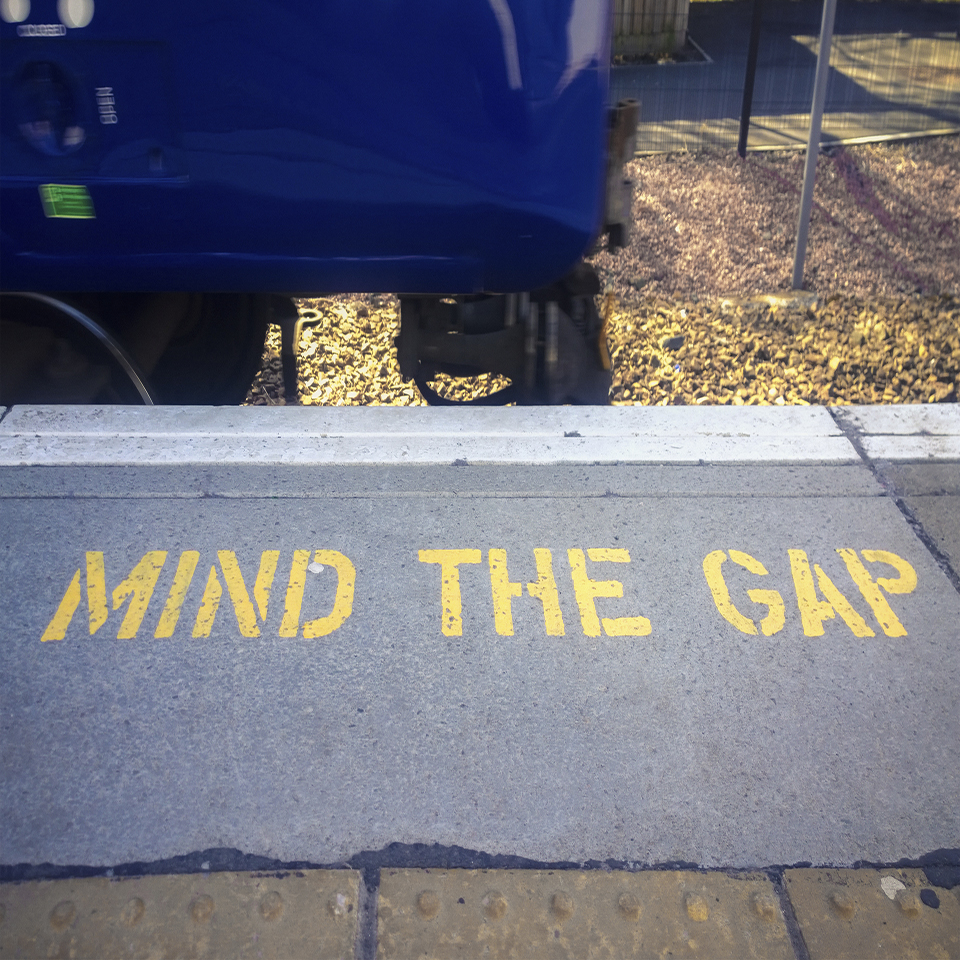
With the globalisation of business and the growth of Asian economies, the ability to manage or work with people from different cultures is becoming a career skill in its own right.
Culture barriers present a problem at all levels within businesses, and not just for employees working overseas. Misunderstandings are a common cause of friction between colleagues within multinational teams, while those dealing with overseas markets may struggle to understand clients’ needs. At the very highest levels of business, there is a shortage of senior managers who can lead in a multicultural context.
But how can professionals learn to bridge the divide – especially since research has shown that traditional cultural training, which teaches basic business etiquette alongside some general cultural guidelines, is of limited use?
Associate Professor Yunxia Zhu, an expert in cross-cultural management and strategy at UQ Business School, believes that learning by experience offers a better approach. Her Situated Cultural Learning approach (SiCuLA) focuses on helping people to develop the skills to observe and reflect on others’ behaviour, then exposing them to the culture - for example by spending time in a workplace, mixing with other students or watching videos.
“Traditional cultural training is based on identifying cultural patterns which can only ever be generalisations at the national cultural level,” she explains. “Real life situations are much more complex. So for example, people are often told that Eastern cultures are collectivist and Western ones are individualist, yet people visiting China are often surprised to find that this isn’t necessarily true.”
Dr Zhu believes that anyone can learn to overcome cultural barriers with the right approach. She offers the following advice:
• Be prepared for surprises
One country might contain different cultures – China, for example, is composed of 56 ethnic groups living in different regions or cities - and within these, people may act in different ways in different contexts and with different groups of people. Therefore expect the unexpected!
• Become an ethnographer
The study of people and cultures is not just for academics – it’s a skill anyone can learn, says Dr Zhu. “We learn about our own culture by following the cues from our family and the wider community, so we can do the same with other cultures. We need to develop the skills to observe and reflect on everyday practices, checking our own assumptions, and interpret situations.”
• Learn the ‘cultural grammar’
While speaking the language is not necessary to understand the culture, it is important to know basic greetings and courtesies for social interaction such as ‘hello’ and ‘thank-you’ or how to ask people whether they have eaten, as is the custom in China. These everyday phrases and rituals are entry points which allow you access into the culture. People will also appreciate that you have made the effort.
• Learn to ‘make strange’
In day to day life, we tend to take many of our own customs and behaviours for granted without recognising that these might appear odd from others’ perspective. Learn to look at situations with fresh eyes, starting with your own culture.
• Use a ‘culture bridge’
Where customs of another culture are too strange or foreign to understand, sometimes an ‘insider’ can help us to bridge the gap. ‘Cultural bridges’ are people whose knowledge enriches our own and who can help us understand what’s going on, or confirm whether our own impressions are correct. Having arrived as a Chinese student, Dr Zhu has spent over 20 years in Australia but still sometimes seeks a second opinion from her daughter who was brought up here and occasionally calls up old friends for advice on current practices in China.
• Don’t focus on yourself
Being too self-conscious can hamper your ability to interact and learn. Instead of giving into thoughts such as ‘I’m a stranger in a foreign land’ or ‘Nobody talks to me’, try to forget yourself and focus on others. By joining in and taking a more positive approach, you can even find ways to use cultural differences to your advantage.
• Give feedback where appropriate
Remember that cultures can vary in how direct or indirect people are in conversation, so what is normal in one country can seem rude or aggressive in another. Similarly, working practices can differ – in some countries it’s considered helpful to finish off others’ work, while in Australia that may be overstepping the mark. In a domestic setting, greater cultural awareness may help you understand and make allowances for another’s behaviour. However it’s perfectly valid to provide them with feedback on the impact their behaviour is having – it’s a learning process for both parties.
• Be constructive
Be open-minded and always try to aim for a win-win situation, even if it seems the other person is not co-operating. “Above all we are living in an increasingly multicultural world, and we all have to work with people from different cultures. So we need to develop our cultural awareness and the competencies required for effective collaboration across cultures,” adds Dr Zhu. “There is no such thing as a bigger pie unless we all work together to create it.”
For advice and help, contact the Student Employability Team careers@bel.uq.edu.au, alternatively if you are an MBA student or graduate please contact the MBA Career Resource Team MBAcareers@business.uq.edu.au.



